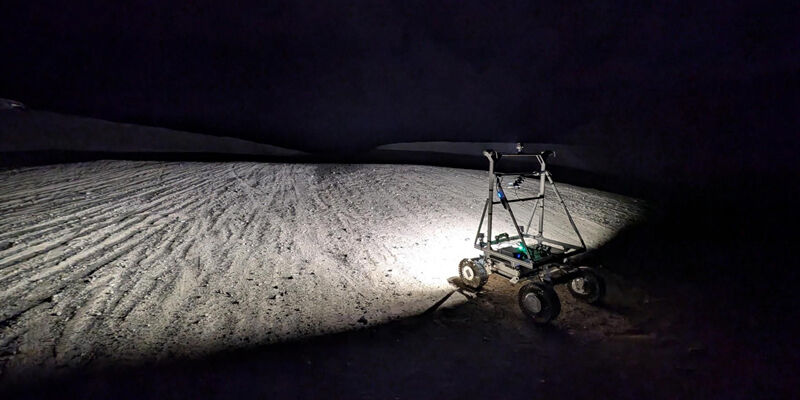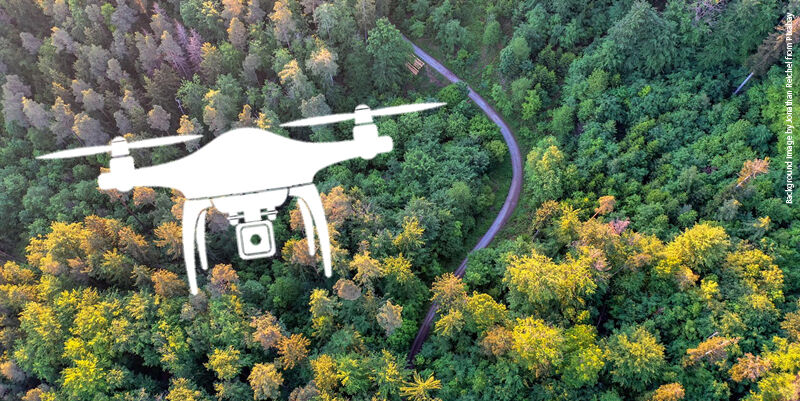Between 2009 and 2014, FIG has had a special focus on Africa with the Africa Task Force, which I have led. The key purpose of the taskforce was to enable the surveying profession in sub-Saharan Africa to deal with social responsibilities in terms of contributing to achieving the Millennium Development Goals (MDGs). In this regard, the role of the surveyors as agents of change, engaging with politicians and local communities, is highly important. This relates to the professional status of surveyors, which in turn is based on the principles of social responsibility and justice.â©
The focus has been on building the capacity of the surveying organisations and individual professionals to act as agents of positive change and encourage development and growth for the benefit of Africa and its people. â©
The philosophy behind the taskforce has been to empower leading land professionals in sub-Saharan Africa to take ownership of this agenda and to act as agents of change. This objective has been pursued through a process of participatory development and by devising various methods and tools.â©
Capacity developmentâ©
Ultimately, the taskforce’s activities should be seen as a capacity development process. In this context, its activities and outcomes aimed to share and apply knowledge and understanding, and to enable the workshop participants to take on a role of leadership in relation to meeting the MDGs, where each workshop echoed specific MDG themes. â©
Within the framework of capacity development and professional ethics, the taskforce looked at developing relevant tools in three key areas:â©
- Peri-urban development – to develop tools to plan for access rights to sanitation and water infrastructure in emerging informal settlements (Mombasa, Kenya, 2010).â©
- Recruitment and involvement of young surveyors and women in the profession – concentrating on ways and means to break down barriers preventing women and young people from entering the land profession (Cape Town, South Africa, 2011).â©
- Environmental resilience – to develop a response to environmental degradation of local natural resources, by encouraging practices to stem the loss of these resources (Elmina, Ghana, 2013). â©
The challenge for Africa is to harness economic growth to create more equitable opportunities and income distribution. As a region with immense potential, Africa must reap its demographic dividend to harness the potential of youth and create equitable and prosperous societies. With decisive and more transparent leadership and sustained and transparent support from the private sector and professionals, there is a vision to unlock this potential opportunity and to set course for a future of shared prosperity, more equal opportunity and greater political stability.â©
A vision from land professionalsâ©
From these deliberations, a key recommendation underscored the imperative that African land professionals must remain engaged in initiatives that will enable them to make a difference. The impetus is to continue to apply their collective knowledge and build their capacity to address the emerging UN post-2015 agenda that will supersede the current MDGs (2000-2015). For the first time, through the post-2015 development goals, targets specifically relating to land and societal development will be drafted, providing an excellent opportunity to optimise and build upon the taskforce’s deliberations encapsulated in the vision that ‘by 2030, Africa land professionals will provide global thought leadership and promote professional leadership qualities amongst its members and within their associations.’â©
To progress this vision, continuing land professional capacity development within three broad areas will make a difference. These three areas relate to three Cs: Communication, Collaboration and Connectivity. â©
Communicationâ©
- Working to influence: Despite the real gains made, after a decade of strong economic growth, there are still deep and enduring inequalities in evidence across the African continent. These inequalities are ethically indefensible, economically inefficient, and political destabilising.â©
- Support from public and private sector land professionals: Africa is a region of immense potential, much of which is unfulfilled. With decisive and more transparent leadership and governance, the built environment can tangibly be constructed sustainablyâ©
- Promote environmental resilience: By nature, land professionals must be more optimistic, and the expectation is that they have the capacity and the innate desire to survive and be successful from one generation to the next. â©
- Working with the young to delegate and mentor: Experienced/older surveyors need to upgrade their delegation skills to allow the young to take responsibility in decision-making and thus expose them to processes and experiences. â©
Collaborationâ©
- Engage in the built and rural environment: Development and economic growth continues, but it must be a different sort of development that marries the outcomes with low carbon emission and climate resilient growth.â©
- Work to consider future trends, prepare and act responsibly: Land professionals will use their resources to build knowledge and evidence of what works to enable poor people to adapt and to catalyse global action. â©
- Understand and engage with historical context and traditional leaders: Requiring understanding of the plurality of land governance systems in the traditional and statutory contexts provides a collaborative opportunity for land professionals. â©
- Cooperate with and assist international partners: These include the World Bank, Global Land Tool Network, and continental partners such as Africa Union Agencies. â©
Connectivityâ©
Ensure skills are developed that will reach out to all members of the public, private and civic communities:â©
- Gain further support from governments and continental agencies for our work in development.â©
- Work with lenders to secure a better balance of risk and reward for the African land professional.â©
- Continue to embed our ethical standards in public and private sectors, and gain greater recognition of the role of land professionals in delivering sustainable living and workplaces.â©
- Continue to promote the economic importance of sustainable cities, while positioning African land professionals as the key choice in land and property sectors, including economic appraisal and project delivery.â©
- Continue to increase the influence of land professionals by ensuring there are opportunities for continuing professional development, enabling us to hold a respected position in the land and property market. â©
- Help African member associations to deliver a good service to members through professional guidance and regular communication of regulation. â©
Conclusionâ©
The Africa Task Force’s process of participatory capacity development has enthused workshop participants and enabled them to help to further empower the surveying profession in sub-Saharan Africa to cope with their professional and social responsibilities. Importantly, the workshop provoked some thoughts and sparked imagination and, for member associations, has started an earnest and continuing conversation about the future of the profession in an advocacy role, and especially the opportunity to be taken up by the member associations.â©
By 2030, Africa land professionals will provide global thought leadership and promote professional leadership qualitiesâ©
Diane Dumashie is chair of the FIG Africa Task Force (www.fig.net/tf/africa)
Subscribe to our newsletter
Stay updated on the latest technology, innovation product arrivals and exciting offers to your inbox.
Newsletter

